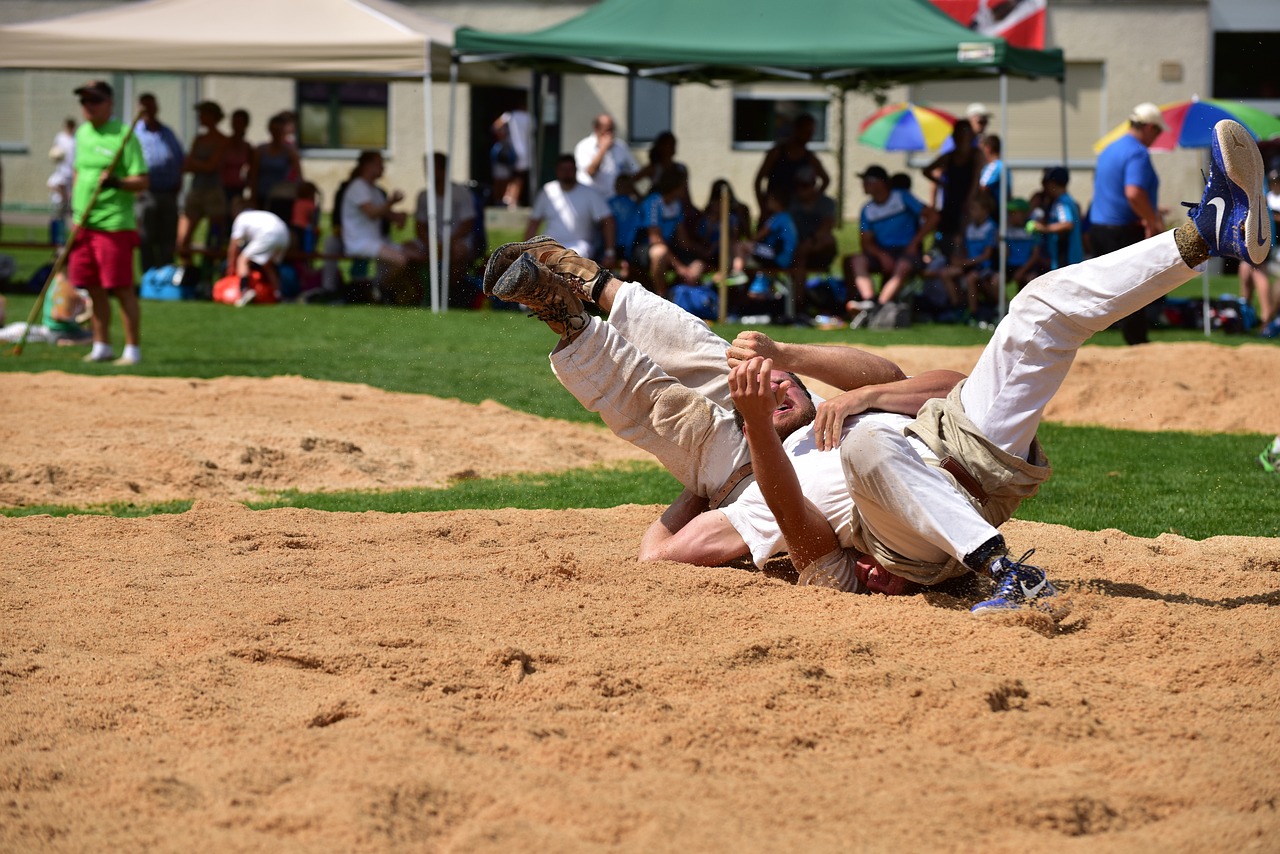Analyzing the Effects of High-Protein Diets on IPL Athlete Recovery: 99 exch, Lesar 247.com, Yolo247 login
99 exch, lesar 247.com, yolo247 login: As professional athletes, IPL players require a high level of physical fitness and endurance to excel in their sport. One crucial aspect of their training regimen is their diet, with many opting for high-protein diets to aid in their recovery process. But what exactly are the effects of high-protein diets on IPL athlete recovery?
Protein is a vital macronutrient that plays a crucial role in muscle repair and growth. It is composed of amino acids, which are the building blocks of muscle tissue. When athletes engage in intense physical activity, such as cricket matches in the IPL, their muscles undergo stress and damage. Consuming high amounts of protein post-exercise can help expedite the recovery process by providing the necessary amino acids for muscle repair.
Benefits of High-Protein Diets for IPL Athlete Recovery:
1. Muscle Repair: Protein aids in the repair and rebuilding of muscle tissue, allowing athletes to recover faster from strenuous workouts or matches.
2. Protein Synthesis: High-protein diets promote muscle protein synthesis, which is essential for muscle growth and adaptation to training.
3. Satiety: Protein-rich foods are more filling than carbohydrates or fats, helping athletes control their appetite and maintain a healthy body weight.
4. Immune Function: Protein plays a vital role in immune function, which is crucial for athletes to stay healthy and perform at their best.
5. Energy Production: Protein can also be used as a source of energy during prolonged exercise, helping athletes sustain their performance levels.
6. Hydration: Protein metabolism requires more water, which can help athletes stay hydrated, especially in hot and humid conditions.
Potential Drawbacks of High-Protein Diets for IPL Athlete Recovery:
1. Kidney Strain: Excessive protein consumption can put strain on the kidneys, leading to potential health issues in the long run.
2. Digestive Issues: Some athletes may experience digestive discomfort or bloating when consuming high amounts of protein.
3. Nutrient Imbalance: Focusing too much on protein intake may lead to a deficiency in other essential nutrients, such as carbohydrates and fats.
4. Cost: Protein-rich foods, such as lean meats and seafood, tend to be more expensive than carbohydrate sources like rice or pasta.
5. Sustainability: Maintaining a high-protein diet may be challenging for athletes in the long term, leading to potential dietary deficiencies.
FAQs:
1. Can athletes get enough protein from plant-based sources?
Yes, athletes can meet their protein requirements through plant-based sources such as legumes, nuts, seeds, and soy products.
2. How much protein do IPL athletes need for optimal recovery?
IPL athletes should aim to consume around 1.2-2.0 grams of protein per kilogram of body weight per day to support their recovery and performance.
3. Is it necessary to consume protein supplements for IPL recovery?
While protein supplements can be convenient, athletes can also meet their protein needs through whole foods like lean meats, dairy, eggs, and plant-based sources.
In conclusion, high-protein diets can be beneficial for IPL athlete recovery by promoting muscle repair, protein synthesis, and energy production. However, athletes should be mindful of potential drawbacks such as kidney strain and nutrient imbalances. Finding the right balance of protein intake and overall diet is essential for maximizing performance and recovery in the competitive world of IPL cricket.







